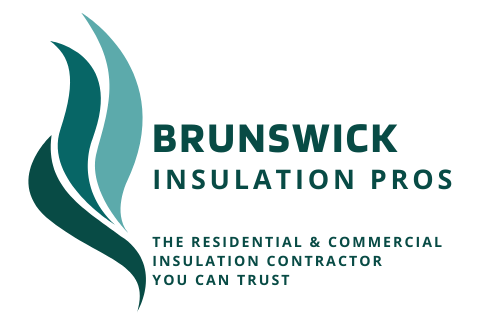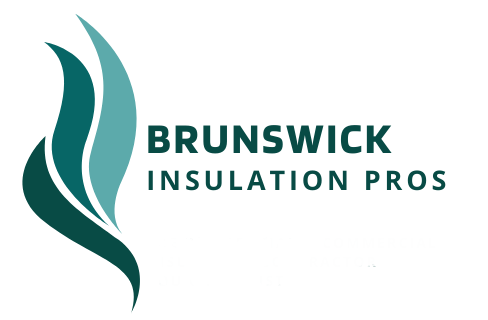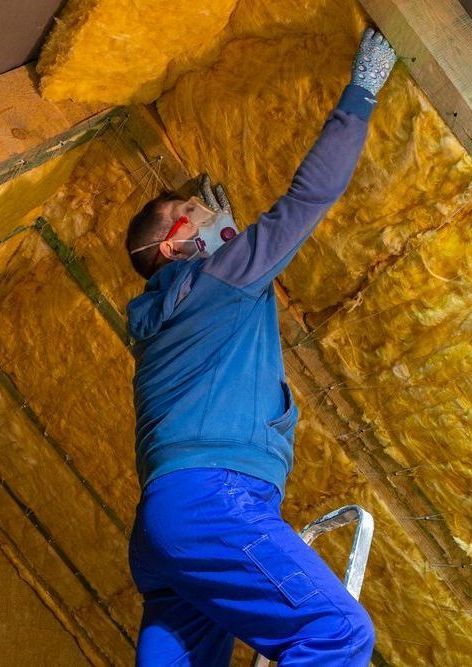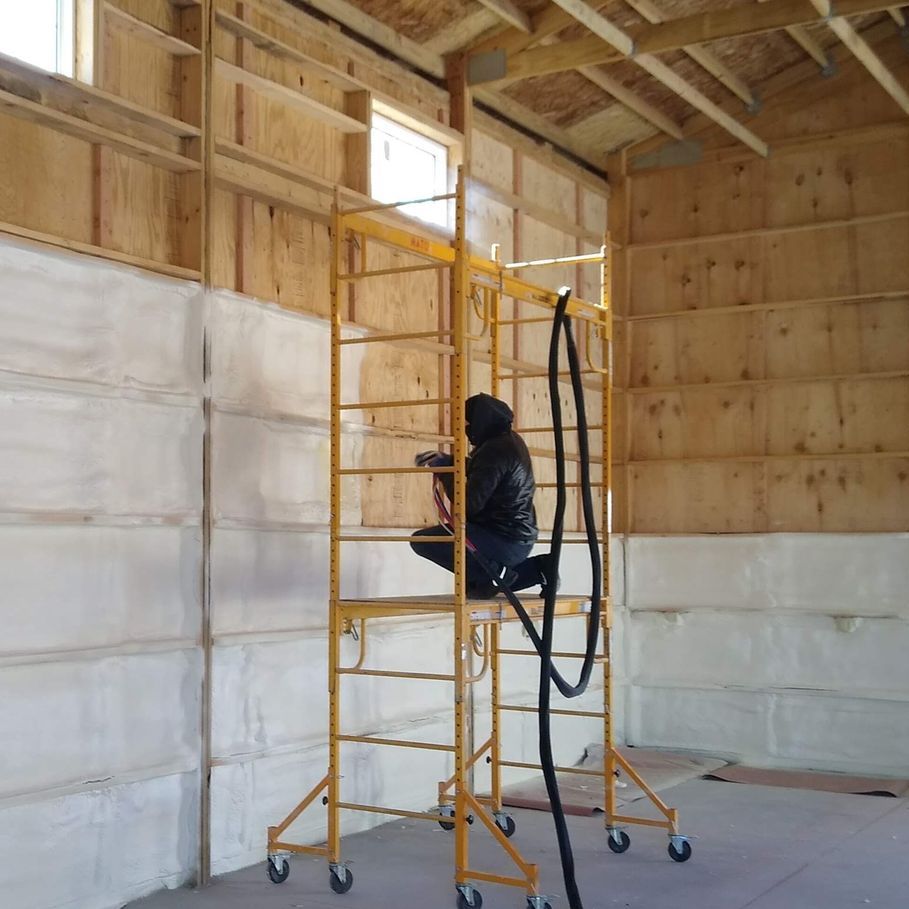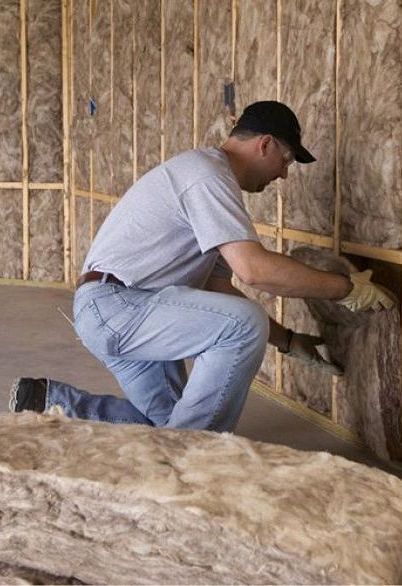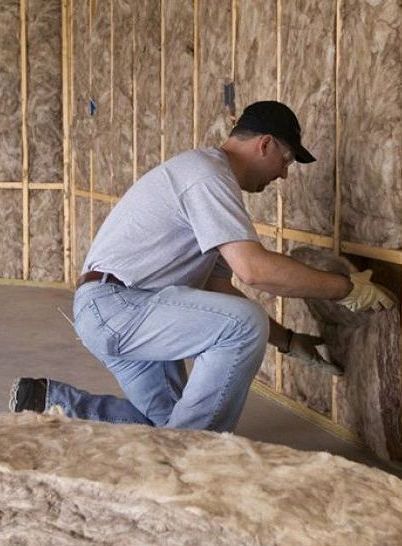The Ultimate Guide to Energy-Efficient Insulation to Maximize Your Home's Savings In New Jersey
Analyzing Your Home's Current Insulation
Energy-efficient insulation is crucial for increasing the savings in your New Jersey home.
By selecting suitable insulation materials and ensuring proper installation, just as 'Brunswick Insulation Pros' does, homeowners can significantly reduce heating and cooling costs throughout the year. This guide will provide valuable insights into the various types of insulation available, their benefits, and how to select the most suitable options for your specific needs.
In New Jersey, homeowners often overlook critical areas such as attics, crawl spaces, and basement rim joists, which can lead to substantial energy loss. Understanding the importance of R-value and air sealing will help you to make proper decisions that enhance your home's comfort and efficiency.
To maximize energy efficiency in your home, you must first analyze your current insulation material. Evaluating insulation requires understanding R-values and considering professional assessments to pinpoint areas for improvement.
Choosing the Right Insulation
Selecting the appropriate insulation material is equally important to enhance energy efficiency and increase savings. Different materials offer unique benefits, and understanding them can enable homeowners to make informed choices.
Types of Insulation Materials Used in New Jersey
Insulation materials vary in type, effectiveness, and application. Common options include:
Fiberglass
Available in batts, rolls, and loose-fill, fiberglass is famous for residential insulation, its affordability, and effectiveness in residential insulation for its affordability and effectiveness. The R-value typically ranges from 2.9 to 4.3 per inch of thickness.
Foam Board
This rigid insulation offers high R-values, generally between 5 and 8 per inch. It works well for walls, roofs, and foundations.
Spray Foam
Rich in insulation qualities, spray foam can be the best option for new construction insulation. It can efficiently fill gaps and create a continuous barrier. Its R-value is typically around 6 to 7 per inch. It’s available in both Open Cell and Closed Cell, and you should choose the best type of spray foam insulation based on your needs.
Consulting with a reliable insulation contractor in New Jersey can make the selection process of appropriate material easy.
Maximizing Energy Efficiency
Enhancing energy efficiency in your home involves addressing air leaks and committing to regular maintenance and upgrades. Implementing these strategies can lead to significant savings on energy bills and a more comfortable living environment.
Regular Maintenance and Upgrades
Regular maintenance of insulation and energy systems is crucial for maximizing efficiency. Assessing the condition of insulation should be done every few years to ensure its effectiveness. Look for signs of wear, such as:
- Compression or settling of the insulation
- Moisture or mold growth on the surface
- Pest infestations inside the insulation
- Deterioration of insulation materials
If you notice any of these signs, it’s time to repair or replace the insulation. Contact Brunswick Insulation Pros for prompt insulation repair and replacement. Taking care of it quickly will keep your home energy-efficient and prevent more significant problems down the line.
In conclusion, maintaining and upgrading home insulation systems can significantly improve energy efficiency and reduce utility bills.
